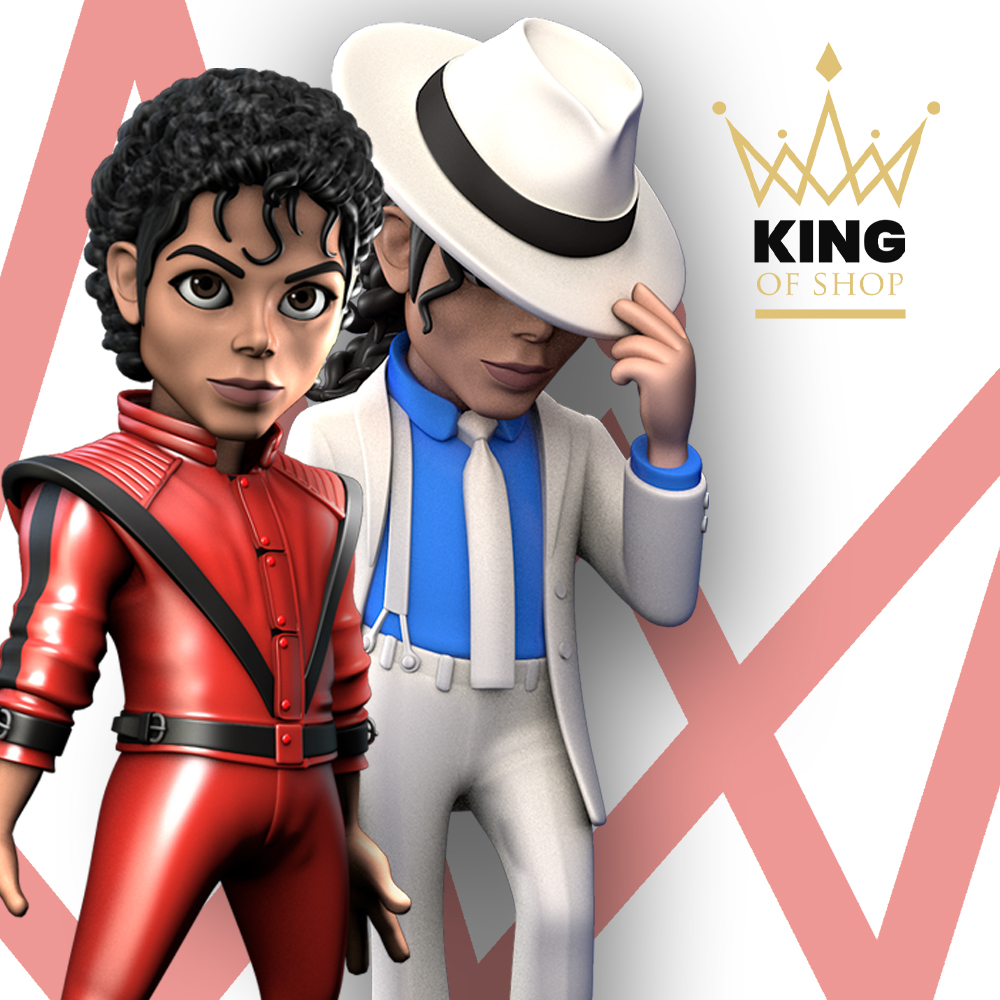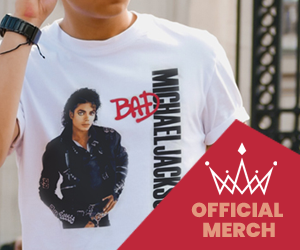***
“Michael,” began Branca, coyly, at a meeting in September 1984, “I think I heard of a catalogue for sale.”
“What’s that?”
“It’s ATV.”
“Yeah, so what’s that?”
“I don’t know, they own a few copyrights, I’m trying to remember,” said Branca, pausing for effect. Then he offered a few names: “Yesterday,” “Come Together,” “Penny Lane,” and “Hey Jude.”
“The Beatles?!” Jackson exclaimed.
The only problem: the catalogue belonged to billionaire Robert Holmes à Court, an Australian corporate raider known for a steely patience, a penchant for backing out of deals at the last minute, and a stubbornness that rivaled that of any rock star. He also had plenty of other suitors for ATV, including billionaire real estate developer Samuel LeFrak, Virgin Records founder Richard Branson, and the duo of Marty Bandier and fellow publishing executive Charles Koppelman (Bandier was hired to run Sony/ATV in 2007 and remains the company’s chief executive).
For Holmes à Court, there were few pleasures greater than a grueling business negotiation. He took particular glee in toying with overzealous Americans (“They are just looking for me to play according to their rules and make it a big game,” he once said of his stateside counterparts. “The Viet Cong didn’t play by the rules, and look what happened.”) None of that mattered to Jackson. His instructions to Branca: “You gotta get me that catalogue.”
The lawyer remembers the frenzied days that followed. His first task: to check in with Paul McCartney and Yoko Ono, both friends of Jackson. As John Lennon’s widow, Ono was in charge of his estate and was rumored to have had some interest in making a joint offer for ATV with McCartney. Jackson was hoping to avoid a showdown.
“I got Yoko on the phone,” recalls Branca. “And then I said, ‘Michael asked me to call you and find out if you’re bidding [on] ATV Music that owns all the Beatles songs.’ ”
“No, we’re not bidding on it.”
“No?”
“No, no, if we had bought it, then we’d have to deal with Paul,” replied Ono. “It’d have been a whole thing. Why?”
“Because Michael’s interested.”
“Oh, that would be wonderful in the hands of Michael rather than some big corporation.” (When I asked Ono about the conversation some thirty years later—in the midst of a brief interview prior to an anti-fracking rally at New York’s ABC Carpet & Home, of all places—she said she didn’t have “a complex dialogue” with anyone on Jackson’s team, but wouldn’t elaborate.)
Branca says his next move was to check in with John Eastman, Paul McCartney’s lawyer and brother-in-law (he represented the singer along with his father, Lee Eastman, who started working with McCartney before the Beatles broke up). According to Branca, Eastman said McCartney wasn’t interested because the catalogue was “much too pricey.” This was one of many reasons that neither Branca nor Bandier believed McCartney would lay out such a large amount of cash.
Though the Beatles’ songs made up roughly two-thirds of ATV’s value, the remaining third consisted of assets McCartney didn’t want: copyrights to thousands of other compositions, a sound effects library, even some real estate. “Paul’s demeanor was very, very much more financially structured,” says Bandier. Adds Joe Jackson: “The only reason Michael bought that catalogue was because it was for sale! [McCartney and Ono] could have bought the catalogue themselves. But they didn’t.”
There’s also an artistic explanation for McCartney’s unwillingness. “I never thought Paul McCartney would buy it because it’s very difficult for a creator of something [to buy] it,” says Bandier. “It would be like Picasso, who spent a day doing a painting, to buy it for $5 million like twenty years later. It wouldn’t be a thing that Paul would do.”
Branca opened with an offer of $30 million. But Holmes à Court wanted more, especially since Bandier, Koppelman, and a few other suitors were still interested in buying ATV. By November, Jackson had authorized Branca to raise his offer beyond $40 million. With the exception of John Johnson, Jackson’s advisors—even music executives like David Geffen and Walter Yetnikoff—thought the singer had lost his mind.
The latter told Jackson he was making a mistake and that he should stick to being an artist. “That was my advice,” says the former CBS chief. “And he disregarded it, luckily.” Jackson didn’t have a business school education, and multiples of cash flow meant little to him. But he had a tremendous sense of value—and in Branca, a lieutenant able to help him make the most of that.
“John was the financial concierge in executing Michael’s instincts,” says billionaire Tom Barrack, who’d go on to work with Jackson later in the singer’s life. “So Michael said, ‘Wow, I think there’s incredible value [in the Beatles’ songs] over time. Quite honestly, Michael didn’t know if they were worth $12 million or $18 million or $25 million. He just knew and anticipated correctly that over time the intellectual property was going to be worth a lot of money.”
Jackson’s constant refrain: “You can’t put a price on a Picasso . . .you can’t put a price on these songs, there’s no value on them. They’re the best songs that have ever been written.” During a finance committee meeting, Jackson wrote Branca the aforementioned note that still sits in the lawyer’s home: “IT’S MY CATALOGUE.”
A bid of $45 million was good enough to earn Jackson and Branca a meeting in London that winter, but Holmes à Court refused to go himself. Since the deal was far from being completed, Branca did the same, sending his colleague Gary Stiffelman in his stead. The two sides agreed on a nonbinding statement of mutual interest, and Jackson’s team embarked upon a four-month due diligence review of the 4,000-song catalogue.
To verify ATV’s copyrights, a team of twenty spent some 900 hours examining close to one million pages of contracts. Branca met Holmes à Court in New York that April and agreed to a handshake deal. Within weeks, however, the mogul had backed out. So, with Jackson’s blessing, Branca sent another letter: accept the last offer of $47.5 million, or there would be no deal.
Around the same time, Branca learned that Holmes à Court had tentatively agreed to sell the catalogue to Koppelman and Bandier for $50 million. But he knew his rivals—and some of the places they were getting their money. As it happened, their company had picked up a hefty publishing advance from MCA Records, headed at the time by Irving Azoff, who’d served as a consultant for Jackson and his brothers’ most recent tour.
“I went to Irving and I said, ‘How can you fund Charles and Marty? They’re bidding against Michael and you’re the consultant,’ ” Branca recalls. “[Azoff] pulled the deal, and [their ATV agreement] fell through.”
Shortly thereafter, Branca received a call from one of Holmes à Court’s colleagues. Could he come to London and close the deal? They agreed on $47.5 million. Jackson granted Branca power of attorney, and the lawyer flew to New York and boarded a Concorde bound for Britain. Once inside the supersonic jet, however, he noticed two familiar faces also on their way to London: Bandier and Koppelman.
“What are you doing over there?” Bandier asked.
“Oh,” said Branca, “just some business.”
Bandier was ready to do some business of his own. Even after Branca had convinced Azoff to pull his funding, he and Koppelman thought they could scrounge up enough capital to make a $50 million bid for ATV—and that all they needed was to buy themselves a little time. Recalls Bandier: “We actually went to London to sort of finalize a more formal contract.”
He and Koppelman figured that Holmes à Court had no interest in music publishing and was simply looking to unload ATV as quickly as possible. They weren’t counting on his patience, or the glee he may have derived from a bit of corporate sport. They certainly weren’t expecting what Holmes à Court was about to tell them when they arrived: that he was set to unload ATV to another party for $2.5 million less than they had offered.
Face to face with Holmes à Court and on the verge of losing the deal, Bandier immediately upped his offer by another $500,000. The Australian wasn’t impressed.
“There’s one aspect of the deal that you guys can’t do,” he replied. “And that is do a concert in Perth for my favorite charity.”
“We can do a charity concert,” Bandier pressed, figuring he could easily leverage his connections, and perhaps his cash, to lure just about any big act.
“No, no, you don’t understand,” continued Holmes à Court. “I’m selling this to Michael Jackson.”



